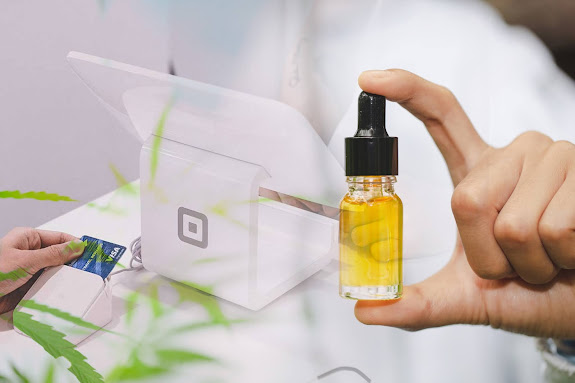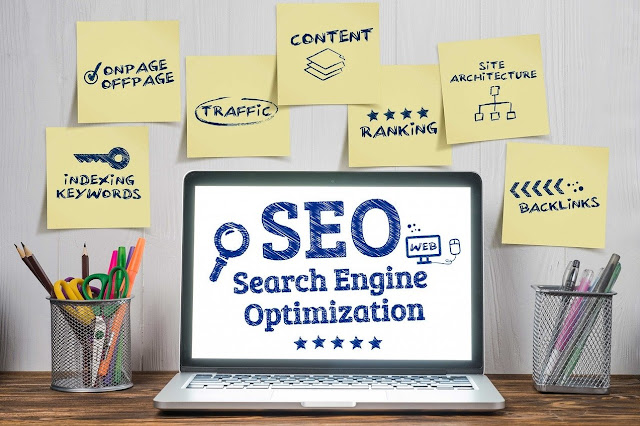Best Practices For Oil Lubricating Pumps
The majority of oil-lubricated pumps comply with the Standards of the American National Standards Institute. Grease lubrication and liquid oils are used for various applications to ease friction and wear.
Grease is primarily chosen for reducing containment in applicable bearing lubes. Lubricant types are either mineral or synthetic oils. They differ in costs based on the type and application.
Hence, guidance from professionals for reliability improvement is necessary for optimized functioning and cleaning.
Understand Viscosity
The most critical property applicable for pump bearings is viscosity. In general, lubricants of thicker viscosity protect from other rolling elements. Thin oils will increase wear in moving parts when there are higher operating loads. Greasing is also essential to maintain natural speed range and depth of immersion. It even ensures long life with minimal frictional losses.
Professionals with reliable services prefer synthetic oils. They also consider film thickness and performance characteristics for extending bearing lifespan. Experts advise some guidelines for lubrication as well.
- Technicians should change mineral oils every six to twelve months. For more premium variants, the change intervals extend to 24 months.
- Most ISO grade 32 lubricants are too thin for bearing operations. It will also prove risky for oil rings.
- They must note the performance of synthetic duplicates to satisfy the requirements of rolling sleeve elements.
- One could achieve higher film strength through proprietary lubricants. It is essential to choose the highest reliability services.
- Most importantly, custom-designed oil rings require appropriate oil types. This variant proves ideal for high shaft peripherals.
Life-long maintenance
Keeping the oil clean is necessary for reliable performance. Technicians should avoid solid particles and water intrusion for improving bearing lifespan. It is also essential to protect metal shedding from interacting with other parts. Fortunately, industries can upgrade their system to ensure a better bearing environment. Modern products are ideal to refining the space with manufacturer-approved upgrades. Make sure to consider the cost-effective changes to protect products for long-term gains.




Comments
Post a Comment